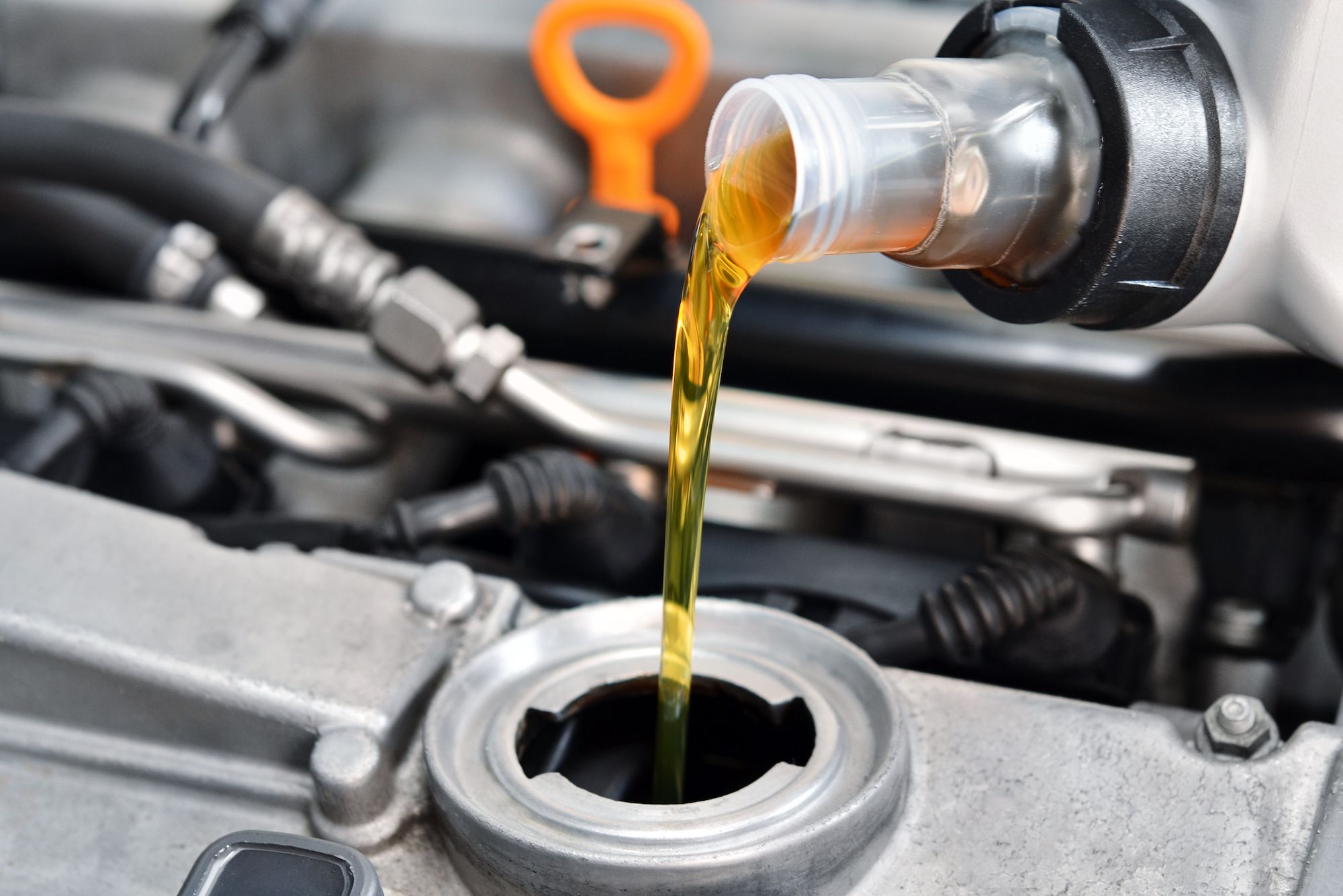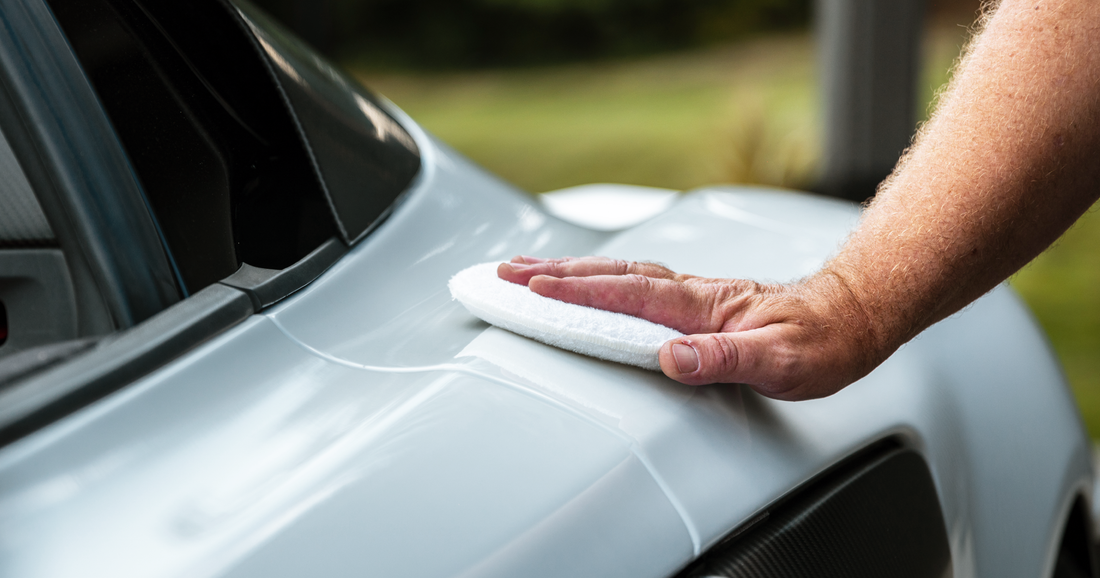All Categories
Featured
An automobile overheating can be a demanding situation, especially if it happens unexpectedly. High engine temperature levels can cause extreme damages otherwise attended to without delay. Recognizing what to do when your car overheats and understanding how to avoid it can conserve you from costly repair services and guarantee your safety and security when traveling.
![]()
What to Do If Your Auto Overheats. Pull Over Securely. As quickly as you discover indications of getting too hot-- such as heavy steam rising from the hood, an increasing temperature gauge, or warning lights-- draw over to a safe place. Switch off the engine right away to stop more damages.
Shut Off the a/c and Turn On the Heating unit. If you're incapable to pull over right away, turn off the cooling to decrease engine load and activate the heating unit. This redirects warm away from the engine and right into the cabin, which can assist lower the engine temperature momentarily.
Open Up the Hood (with Caution) Wait for the engine to cool off prior to opening the hood. Opening it too quickly can reveal you to hot steam or warm liquids. Once it's risk-free, check the engine for evident indicators of trouble, such as dripping coolant or a damaged radiator pipe.
Inspect the Coolant Levels. If you have coolant or water in your automobile, include it to the storage tank or radiator once the engine has cooled down. Stay clear of adding cold water to a warm radiator, as it can create breaking.
![]()
Ask For Help. Get in touch with a tow vehicle or roadside support if you're unable to diagnose or deal with the concern. Driving with an overheated engine can bring about substantial damages, such as a blown head gasket or deformed engine elements.
How to stop Your Automobile from Getting too hot. Inspect Coolant Degrees Routinely. Ensure your car always has the correct amount of coolant. Low coolant degrees are one of the most usual root causes of overheating. If required., routinely check the coolant storage tank and top it off.
Check Radiator and Hoses. Look for fractures, leaks, or loose links in the radiator and hose pipes. Replace any kind of broken parts without delay to stop coolant leakages.
Maintain Your Air Conditioning System. Flush and fill up the air conditioning system as recommended in your automobile's owner handbook. In time, old coolant can lose its performance and fall short to shield the engine from overheating.
Display the Thermostat and Water Pump. A defective thermostat or water pump can interrupt the cooling system's feature. Have these parts examined throughout regular maintenance to catch issues early.
Prevent Overwhelming Your Lorry. Excessive weight places additional stress on the engine and air conditioning system. Keep your load within the manufacturer's suggested limits.
Enjoy the Temperature Level Gauge. Take note of your temperature gauge, specifically throughout heat or when increasing steep inclines. If the gauge starts to climb up, take safety measures such as reducing rate or switching off the AC.
Verdict. Managing an overheated auto does not need to be overwhelming if you recognize what steps to take. Performing rapidly and safely can protect against additional damage to your engine. To lessen the risk of getting too hot, remain on top of normal upkeep, examine your air conditioning system, and drive responsibly. With appropriate treatment, you can keep your engine running efficiently and stay clear of the trouble of an overheated lorry.

What to Do If Your Auto Overheats. Pull Over Securely. As quickly as you discover indications of getting too hot-- such as heavy steam rising from the hood, an increasing temperature gauge, or warning lights-- draw over to a safe place. Switch off the engine right away to stop more damages.
Shut Off the a/c and Turn On the Heating unit. If you're incapable to pull over right away, turn off the cooling to decrease engine load and activate the heating unit. This redirects warm away from the engine and right into the cabin, which can assist lower the engine temperature momentarily.
Open Up the Hood (with Caution) Wait for the engine to cool off prior to opening the hood. Opening it too quickly can reveal you to hot steam or warm liquids. Once it's risk-free, check the engine for evident indicators of trouble, such as dripping coolant or a damaged radiator pipe.
Inspect the Coolant Levels. If you have coolant or water in your automobile, include it to the storage tank or radiator once the engine has cooled down. Stay clear of adding cold water to a warm radiator, as it can create breaking.

Ask For Help. Get in touch with a tow vehicle or roadside support if you're unable to diagnose or deal with the concern. Driving with an overheated engine can bring about substantial damages, such as a blown head gasket or deformed engine elements.
How to stop Your Automobile from Getting too hot. Inspect Coolant Degrees Routinely. Ensure your car always has the correct amount of coolant. Low coolant degrees are one of the most usual root causes of overheating. If required., routinely check the coolant storage tank and top it off.
Check Radiator and Hoses. Look for fractures, leaks, or loose links in the radiator and hose pipes. Replace any kind of broken parts without delay to stop coolant leakages.
Maintain Your Air Conditioning System. Flush and fill up the air conditioning system as recommended in your automobile's owner handbook. In time, old coolant can lose its performance and fall short to shield the engine from overheating.
Display the Thermostat and Water Pump. A defective thermostat or water pump can interrupt the cooling system's feature. Have these parts examined throughout regular maintenance to catch issues early.
Prevent Overwhelming Your Lorry. Excessive weight places additional stress on the engine and air conditioning system. Keep your load within the manufacturer's suggested limits.
Enjoy the Temperature Level Gauge. Take note of your temperature gauge, specifically throughout heat or when increasing steep inclines. If the gauge starts to climb up, take safety measures such as reducing rate or switching off the AC.
Verdict. Managing an overheated auto does not need to be overwhelming if you recognize what steps to take. Performing rapidly and safely can protect against additional damage to your engine. To lessen the risk of getting too hot, remain on top of normal upkeep, examine your air conditioning system, and drive responsibly. With appropriate treatment, you can keep your engine running efficiently and stay clear of the trouble of an overheated lorry.
Latest Posts
Experience the Bath Fitter Difference
Published Jan 18, 25
0 min read
Change Your Home with Expert Floor Covering Solutions
Published Jan 18, 25
2 min read
Full Circle Marketing: Customized Solutions for Every Industry
Published Jan 18, 25
1 min read